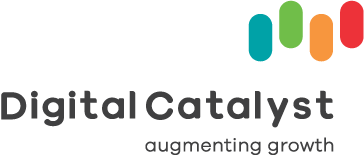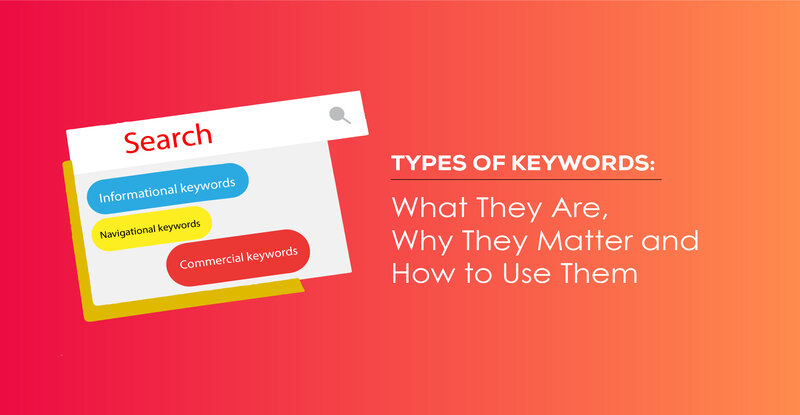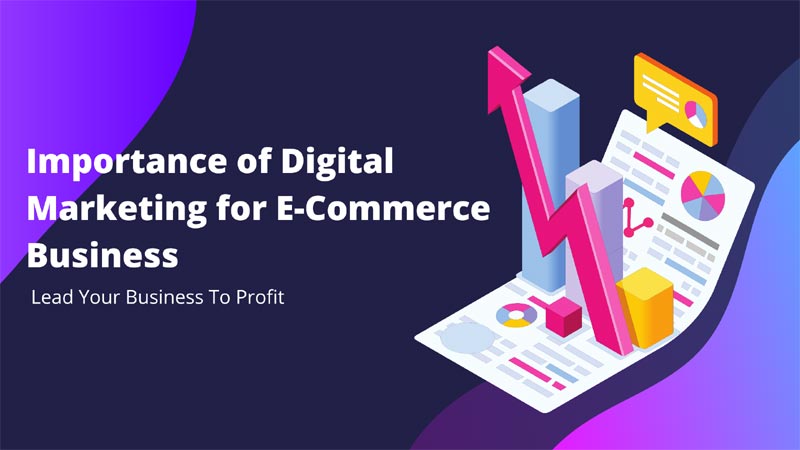Search engines like Google, Bing, and others let you type in words to search for what you’re looking for. Google shows relevant results to the terms entered in the search box, regardless of whether they are organic or paid.
Keyword selection is a significant part of your campaign, as it decides where your ad will appear. People searching for keywords related to your products or services will be more likely to click. Use the search terms report to find out which keywords your competitors bid on and see if there are any that you could add to your campaign.
Keywords can make your business website stand out from competitors by increasing traffic. Bidding on relevant keywords is the best way to get your ads to show up. Let’s see how keywords play significant dividends in traffic generation and how their usage is crucial for other marketing channels.
What are keywords?
A keyword is a word or phrase a user searches for. The user might be looking for a particular solution, purchasing information, or more about the topic.
Importance of keywords for different Digital Marketing Channels like SEO, SEM, PPC, etc.
Since the advent of the Internet, businesses have recognized the importance of keywords. Keywords are critical for SEO, SEM, and PPC. If you choose the wrong keywords, you will fail to acquire leads from your target audience. You must use the right keywords to get maximum traffic on your website, eventually increasing sales and revenue. The keyword should describe the page’s content and be used in titles and meta descriptions.
It is essential to use relevant keywords in the content. Different types of keywords are discussed below:
Various Types of Keywords:
You should be aware of four types of keywords, especially when creating content. These are:
1. Informational keywords
To find out information or solve problems. They are not used to buying products or services but rather to learning about a topic in more detail. For example, if you want information about hybrid cars, you can search for the term ‘hybrid car.’ Below are some of examples –
- How to do keyword research
- Types of keyword research tools
- How Google keyword research tool works
- Finding keywords for ecommerce websites
2. Navigational keywords
To locate a particular website, service, organization, or product related to their search topic. For example, if you wanted to go directly to Hybrids’ website and view information about their products, you would search for the term ‘Hybrids.’ Let’s have a look at some of the examples –
- Digital catalyst blog
- Digikat contact
- Roofing company hyderabad
3. Commercial keywords
Commercial keywords are used to locate businesses that offer products or services related to keywords typed into search engines. This type of keyword identifies what type of product or service someone wants to know, where they need to go and what they need to do to get what they’re looking for. For example, if you are looking for a new digital camera, you would search for ‘digital camera reviews.’ Some examples are below –
- Best bikes in India
- Best tyres for bike
- Digi shoe review
4. Transactional keywords
Transactional keywords are most commonly used for shopping online and are generally found in yellow pages and classified ads. These keywords are used when someone is ready to buy now – so this person knows what they want before searching. If you want to purchase a digital camera with your birthday money and your friend suggested the model, you directly search for the particular term ‘Canon Power Shot SD300 Digital Camera’.
5. Head keywords
These are the main phrases you want to rank for. They should be short, descriptive, and relevant to your business.
6. Long-tail keywords
People use specific phrases when searching for a product or service. They’re often made up of several words and are typically longer than head keywords.
To find the right keywords or conduct keyword research:
Keyword research tests different keywords to determine which will be profitable for your website. Today, almost all search engines use some form of an algorithm that may significantly affect your rankings in specific search engines if you do not use the best possible keywords. Keyword research can help inform your content strategy and improve your SEO by ranking your page on top.
Keywords are the most precious thing to improve your ranking. And two major methods can help you find the keywords:
- Just type them in the Google keyword tool to trace their monthly search volume.
- Do some competitive analysis on your competitors and their best-performing keywords.
To know the exact keywords for your product or service, you can ask questions and do your own research. Look at similar products around your product or service and customer feedback on them from different platforms such as Google Reviews, Facebook, or Twitter. You can perform Google searches based on the most common search words and phrases.
Create buyer personas and discover your buyer’s language. You can choose broad or specific keywords based on your business type and target the exact words that customers type when they want to buy your products. Try to find keywords on which the ad group is working or not.
The Keyword Advisor tool can help you find which keywords are essential for your site and most relevant for your customers.
How to use the keywords to get maximum traffic?
There are many ways to use keywords. The most common way is to use your keywords as separate words and add them to the end of your sentence. Make sure the keywords you use are relevant to your product. For example, if you were writing about recycling, you could use the keywords of “recycling” and “recyclable products” in this way: “What are some recyclable products that I can buy?”
You need to use keywords in your title and description because they’re the first thing potential customers will see when they search for products. So, choose keywords that represent your business and lifestyle and make sure you use them at least once in your title, but don’t overuse them, or the search engines may penalize you for keyword stuffing.
Some tips for using keywords in your SEO, SEM, and PPC ads:
- Use the keyword in the headline and description lines, benefits, and a call to action.
- Long-tail keywords are less competitive and, therefore, less costly and have less competition.
- Make your ad extra relevant for the searcher by including the exact search query in your ad.
- Include more keywords in your ad by adding site links.
An integral part of creating a keyword strategy is determining the type of keyword and identifying its intent. Keyword research allows you to answer users’ questions at all buying funnel stages and drive them to purchase.
The time has now arrived for you to act. You can rely on Digital Catalyst, the leading Digital Marketing Company in Hyderabad, to identify the keywords to help you advertise your business and incorporate these keywords into your SEO, SEM, and PPC campaigns.
With “Augmenting Growth” being its ideology, Digital Catalyst provides Search Engine Optimization (SEO), Search Engine Marketing (SEM), Social Media Marketing, Content Generation & Optimization, E-commerce Marketing, Google Ad Campaigns, etc.
Check out the website Digital Catalyst for more information.




